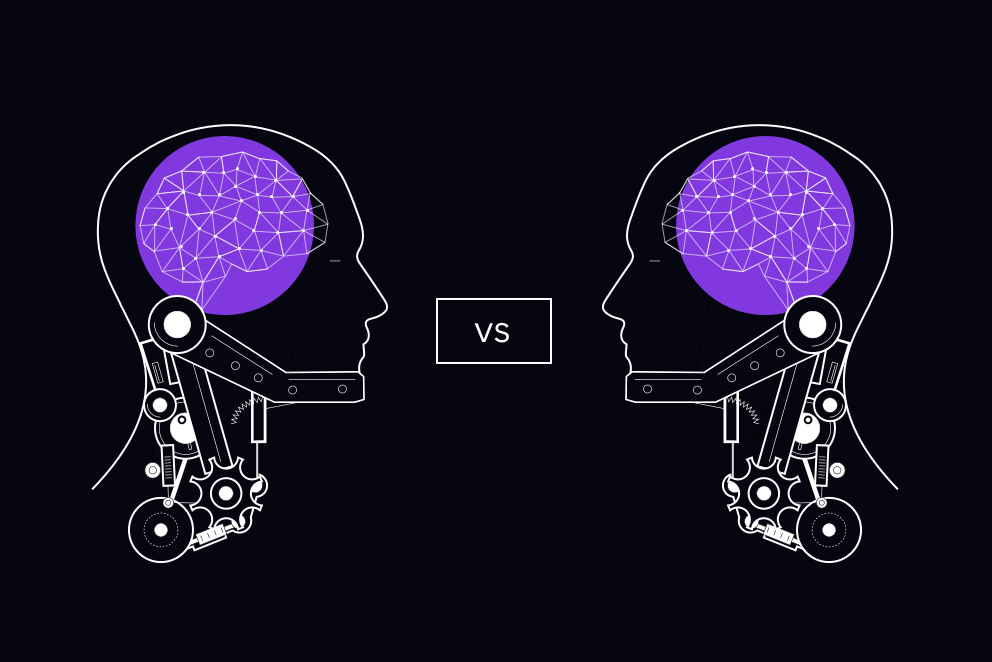Specialised trading environments create new challenges
During my trip to 2069, I was surprised to find that blockchain had made trading almost ubiquitous, and that this ease of access had led people to seek out new ways to trade the financial markets. Most notably, specialised trading environments enable traders to choose how they want to trade – for example in head-to-head competitions or as part of a team.
Thousands of ways to trade
Fifty years from now, traders have access to a wide range of trading environments, which are intended to create fun, exciting and sometimes lower-risk ways to access the financial markets. These new ways to trade have become popular because they offer a variety of different challenges for traders.
The shift in traders’ preferences came about as the use of thought-powered-trading (TPT) technology, big data sets and artificial intelligence (AI) took off, as these changes meant that trading was no longer the preserve of a few knowledgeable individuals. Of course, as more people started to trade, the market for new and exciting ways to speculate on financial markets grew.
Traders define their preferred trading conditions
Each trading environment has different rules, aims and outcomes. Some are relatively simple and use only virtual funds in a buy and sell fashion, but others enable traders to use real funds and tailor the rules to suit their individual metrics – such as wealth and risk tolerance.
Some trading environments give traders the option to work together in a team towards a single goal, while others enable them to enter competitions to see who can earn a better return. As traders earn more money, new challenges, rewards and financial markets are unlocked. In some environments, the use of AI and big data is strictly prohibited as traders look to put their skills to the test against each other and the markets without any assistance.

Traders choose their opponents and attempt to top leader boards
Perhaps the most popular feature of many of the new trading environments is the ability to trade head-to-head with others, in a winner-takes-all fashion. All traders need to do is select their opponent and decide on the parameters of their trade.
Trading competitions now take place daily and can be set up instantaneously between two parties through the platforms. Traders can host competitions between friends or even enter global leagues in an attempt to top leader boards.
Could this really happen?
With time travel known to disrupt the space-time continuum, our experts take a look at how likely it is that these events will come to pass…
The view from 2019
The concept of interactive and specialised trading environments is not new. In fact, trading simulations already exist in several forms. Though these are largely for educational or entertainment purposes – meaning there is no real risk to users’ capital – it is clear that trading environments could evolve to incorporate real capital in the not-too-distant future.
In fact, a lot of developments are being made in terms of blockchain platforms that could provide the basis for further advancements in cryptocurrency trading, which might – in time – extend to other financial markets. There is even the potential that entertainment-based environments could be underpinned by blockchain-backed ‘smart contracts’, which enforce their own clauses, to verify user authentication and monetary transfers.
Several cryptocurrency networks already enable users to create smart contracts and decentralised apps (‘dapps’) – including Ethereum, NEO and EOS.IO – suggesting that the development of specialised trading environments may not be too far away.


